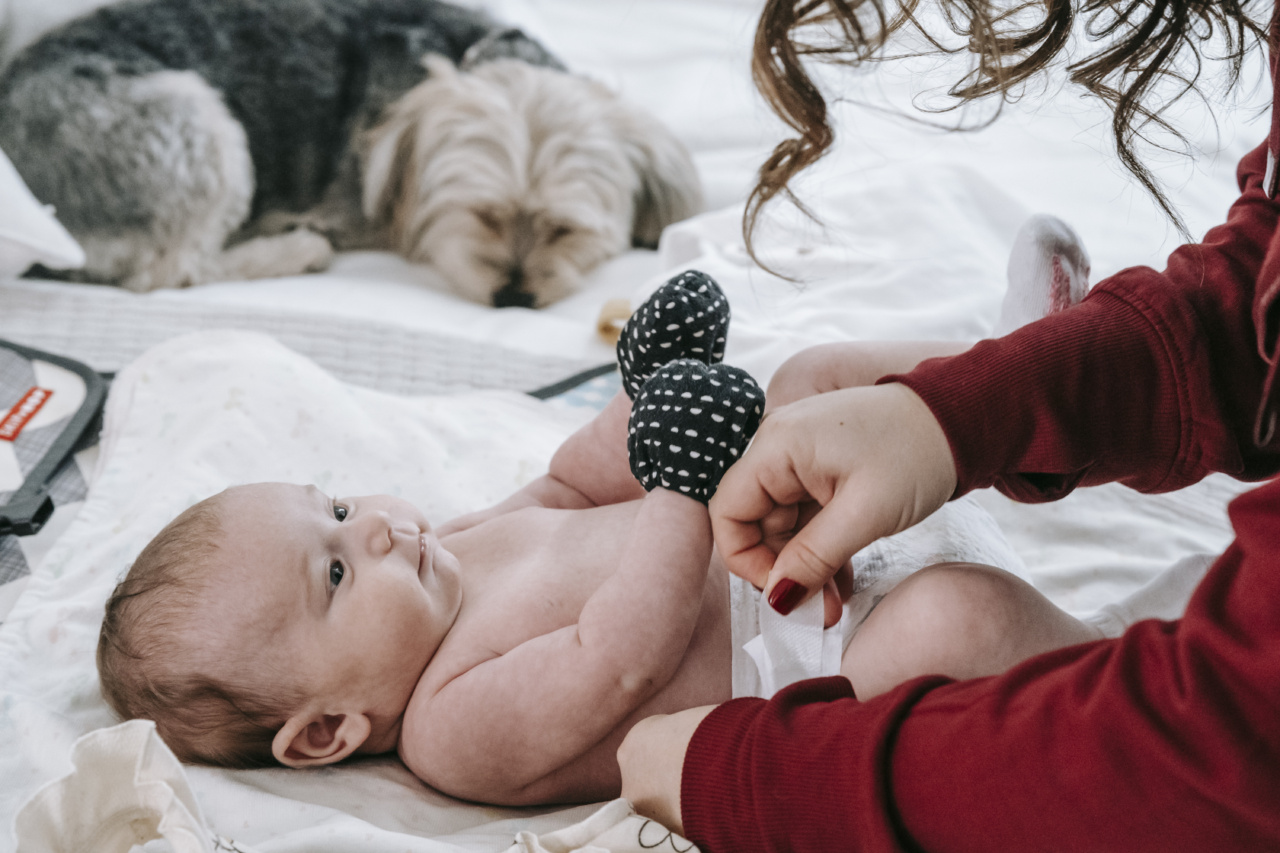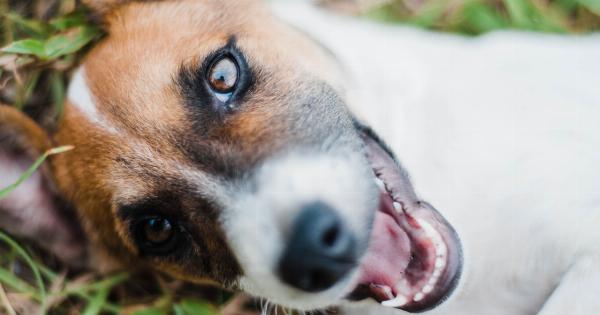Dogs are known to scratch the ground or kick dirt after urinating. It is a common behavior that most dog owners observe when taking their dogs for walks. Several theories have been proposed to explain this behavior.
Some believe that it is a way for dogs to mark territory, while others suggest that it is an instinctive behavior that stems from their wild ancestors. However, the most scientifically supported theory suggests that dogs scratch after urinating to spread their scent and communicate with other dogs.
How do Dogs Communicate Through Scent?
Dogs communicate through scent in several ways. They use urine, feces, and other secretions to leave scent marks that other dogs can identify. Dogs have highly developed olfactory glands that allow them to detect even the slightest scent.
When they smell a scent mark, they can determine the gender, age, and reproductive status of the dog that left it. They can also detect when the scent was left and how long ago it was left. This information helps dogs communicate with each other and establish a social hierarchy.
Dogs have multiple scent glands that they use to mark their territory. The most common scent gland is the anal gland, which is located at the base of the tail. These glands secrete a fluid that dogs use to mark their feces and other areas.
However, dogs also have scent glands on their paws, and these glands play a crucial role in the scratching behavior after urinating.
The Role of Paw Scent Glands
Dogs have scent glands on their paws that secrete pheromones. Pheromones are chemical substances that animals use to communicate with each other. They are odorless and undetectable to humans, but they play a vital role in animal communication.
When dogs scratch the ground after urinating, they leave their paw scent on the ground. The pheromones in the paw scent communicate with other dogs and provide information about the dog that left the scent.
The paw scent also serves as a reinforcement of the urine scent. When dogs urinate, they release a complex mixture of chemicals, including pheromones. These chemicals contain information about the dog’s sex, age, and health status.
The pheromones in the urine scent also serve as a form of chemical communication. When dogs scratch the ground after urinating, they spread the urine scent and reinforce the chemical message that they are trying to communicate.
Why do Dogs Scratch After Urinating?
The primary reason why dogs scratch after urinating is to spread their scent and communicate with other dogs. By scratching the ground, dogs spread the urine scent and paw scent, which helps other dogs identify them and gather information about them.
The scratching behavior is an instinctive behavior that comes naturally to dogs, and they do it without even realizing it.
Another reason why dogs scratch after urinating is that it helps them cover up their scent. In the wild, dogs would scratch the ground after defecating to cover up their feces and hide their location from predators.
Although this behavior may not be necessary for domestic dogs, it is still a deeply ingrained behavior that they continue to exhibit.
Conclusion
Dogs scratch the ground after urinating to communicate with other dogs through scent. They use their paw scent and urine scent to leave chemical messages that other dogs can identify.
The scratching behavior is an instinctive behavior that comes naturally to dogs and helps them spread their scent and reinforce their chemical messages. Although it may seem like a simple behavior, it plays a crucial role in dog communication and helps dogs establish a social hierarchy.






























